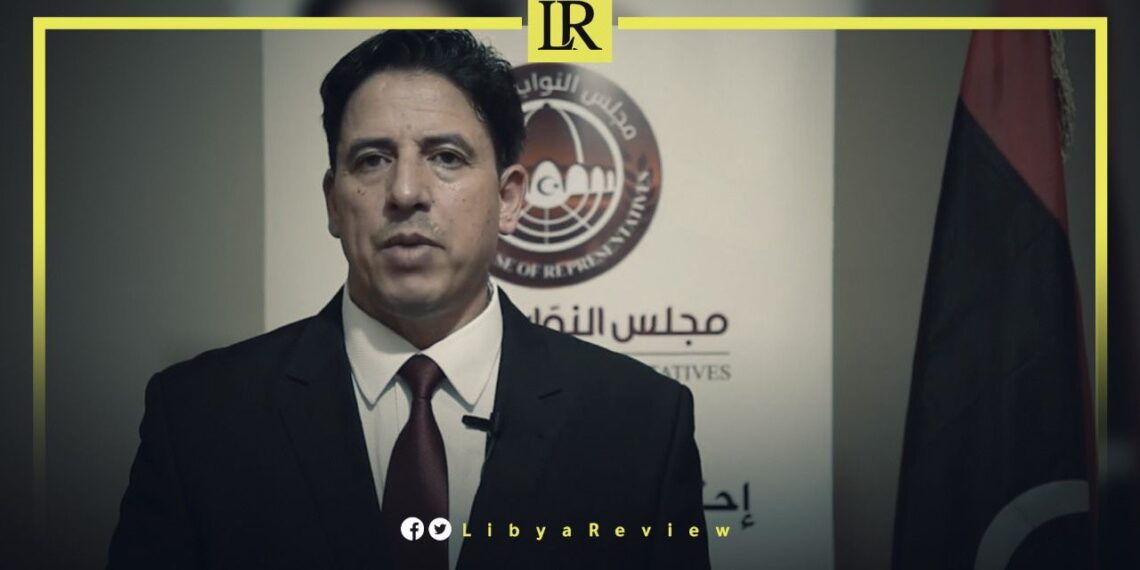Yusuf Al-Agouri, the Chairman of the Foreign Affairs and International Cooperation Committee in the Libyan House of Representatives, has voiced strong support for Prime Minister Osama Hammad’s initiative to spearhead African collaboration in addressing the challenges of irregular migration.
Al-Agouri’s remarks underscore the humanitarian crises faced by African migrants both in transit and upon their arrival in Northern Europe, calling for immediate attention and concerted action from African leaders.
During his participation in the Africa Migration Conference, Al-Agouri emphasized the importance of the issue to Libyan officials, as reflected by the involvement of the Speaker of the House of Representatives, Ageela Saleh, in the conference. He pointed out that relying solely on security measures to curb migration is inadequate. Instead, he advocated for a developmental approach that tackles the root causes of migration, advocating for shared responsibility among nations.
Al-Agouri urged the Libyan government to actively champion African perspectives on migration, praising its diplomatic efforts to navigate the migration issue amidst regional challenges.
The conference, held in Benghazi and titled “Africa Migration Conference – Sustainable Solutions for Africa,” aimed to rethink the approach to irregular migration, challenging the European Union’s policing role in the crisis.
The “Benghazi Declaration,” the event’s concluding statement, called for an African summit to forge a unified strategy on illegal migration, emphasizing the need to shift away from politicizing the issue towards a more integrated approach.
The Libyan government and the General Command of the Libyan National Army (LNA) were commended for their efforts in migrant welfare, including the establishment of shelters meeting international standards.
Highlighting the inefficacy of security-centric methods, the declaration advocated for a developmental strategy focusing on the origin countries of migrants. This approach aims at addressing the underlying economic and social factors driving migration, suggesting a paradigm shift in handling migration crises within African nations and in negotiations with European countries.


